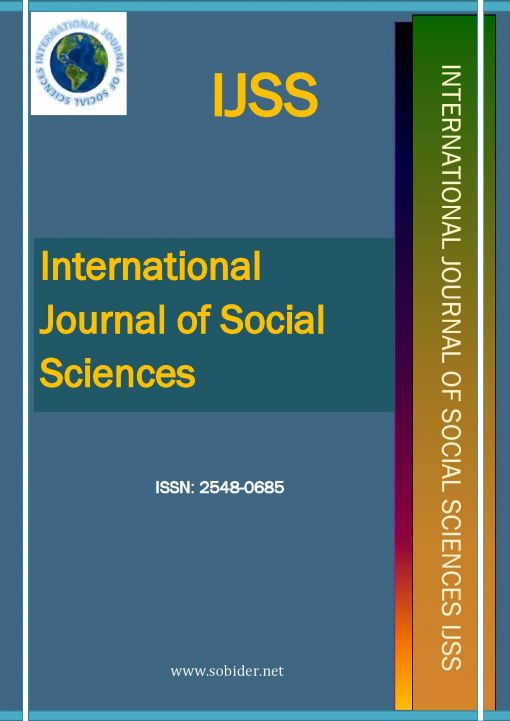The Challenges of Electronic Voting in Terms of Constitutional Parameters: Case of Estonia and Germany
The Challenges of Electronic Voting in Terms of Constitutional Parameters: Case of Estonia and Germany
Author(s): Ada GüvenSubject(s): Public Administration, Government/Political systems, Electoral systems, Comparative politics, ICT Information and Communications Technologies, Corruption - Transparency - Anti-Corruption
Published by: SD Yayınevi
Keywords: electronic voting; e-voting; deliberative electronic voting; constitutionality; transparency;
Summary/Abstract: The article discusses the electronic voting concept represents more now the symbol of modernity that intercepts the set of elements that today are at the crossroads of the exercise of popular sovereignty. The issue that appears in this area is how can we on one hand diminish the risk of making the Parliament to become a voting parlor and be dominated by political parties and the other hand preserve the equilibrium of remote electronic voting in aiming to protect democracy and popular sovereignty. The paper aim to explain the issues related to the constitutional doctrine, by analysing the case of I-voting of Estonia as the most successful application of e-government and any other digital tool used to perform in democratic processes, and on the other hand the case of Germany that has ruled as unconstitutional the use of electronic vote machines.
Journal: Uluslararası Sosyal Bilimler Dergisi
- Issue Year: 4/2020
- Issue No: 20
- Page Range: 79-93
- Page Count: 15
- Language: English

